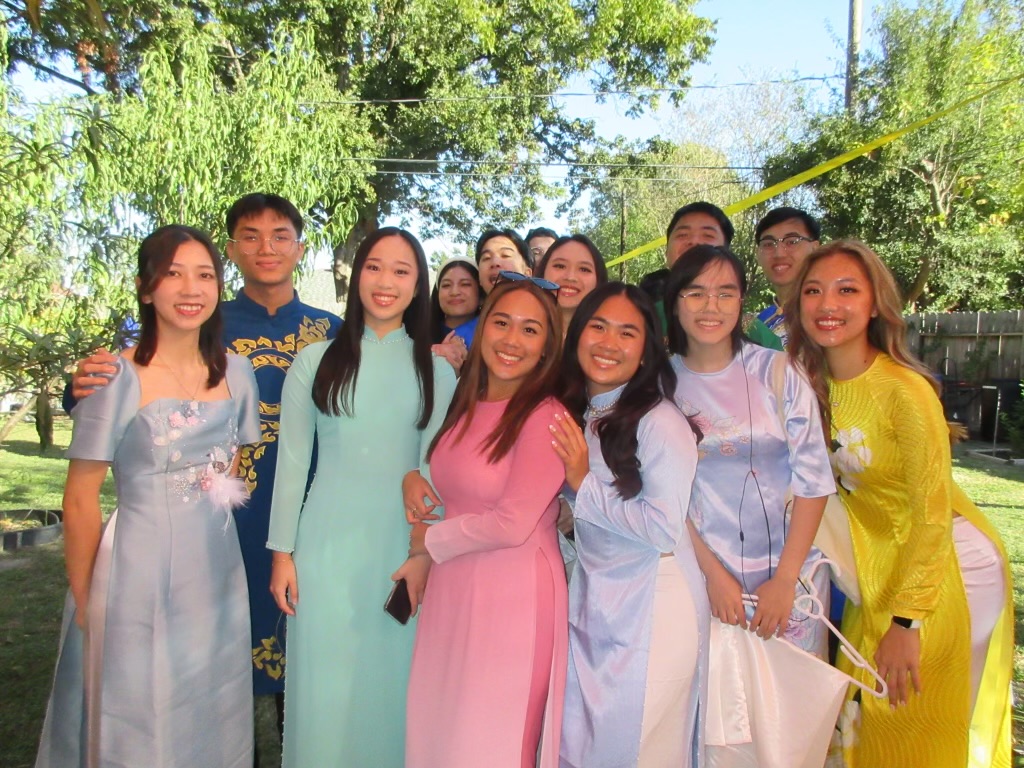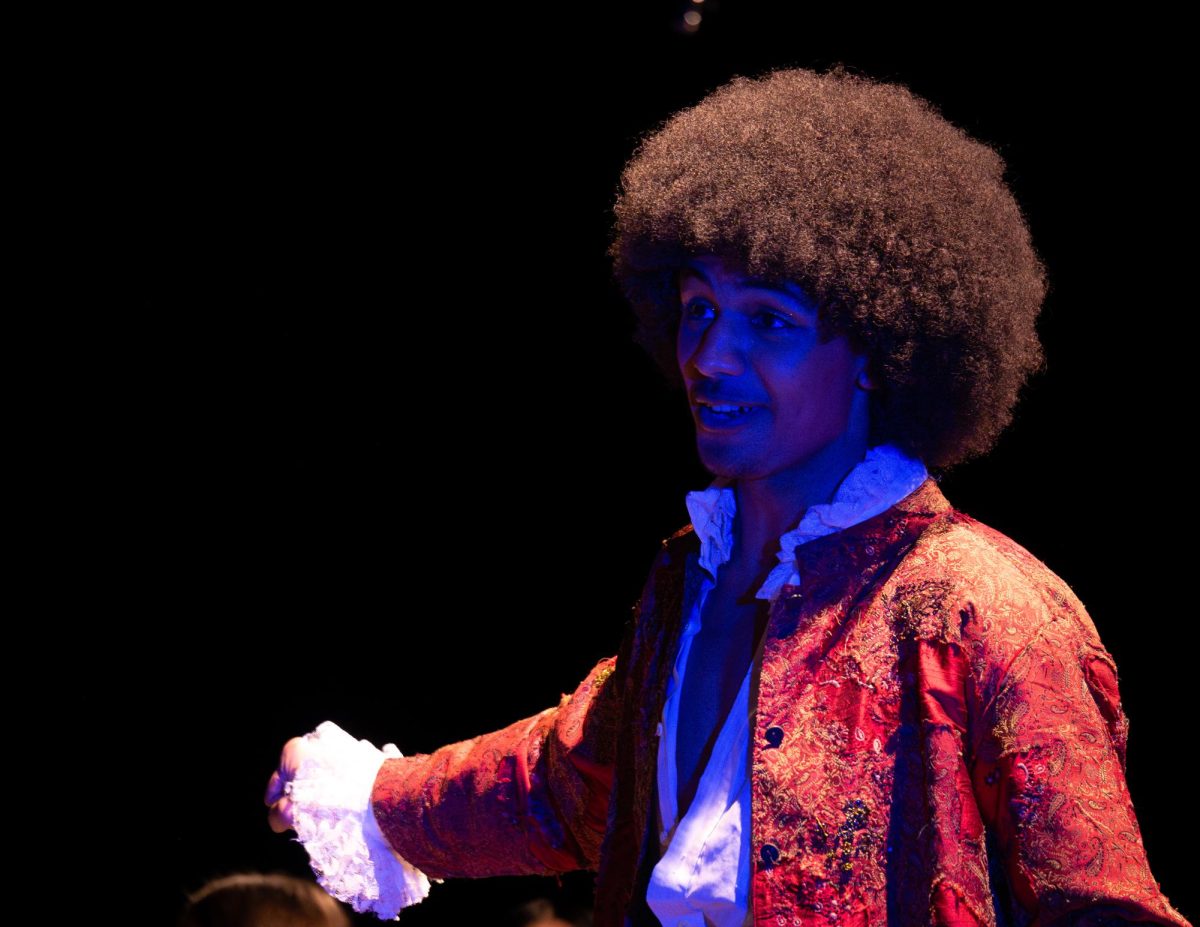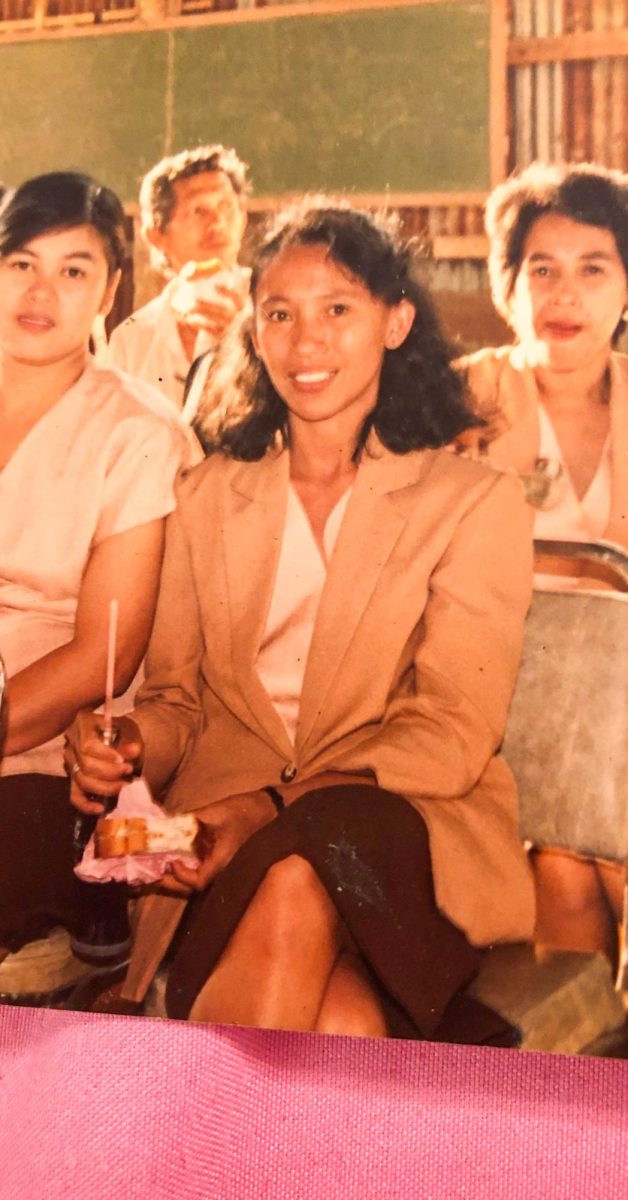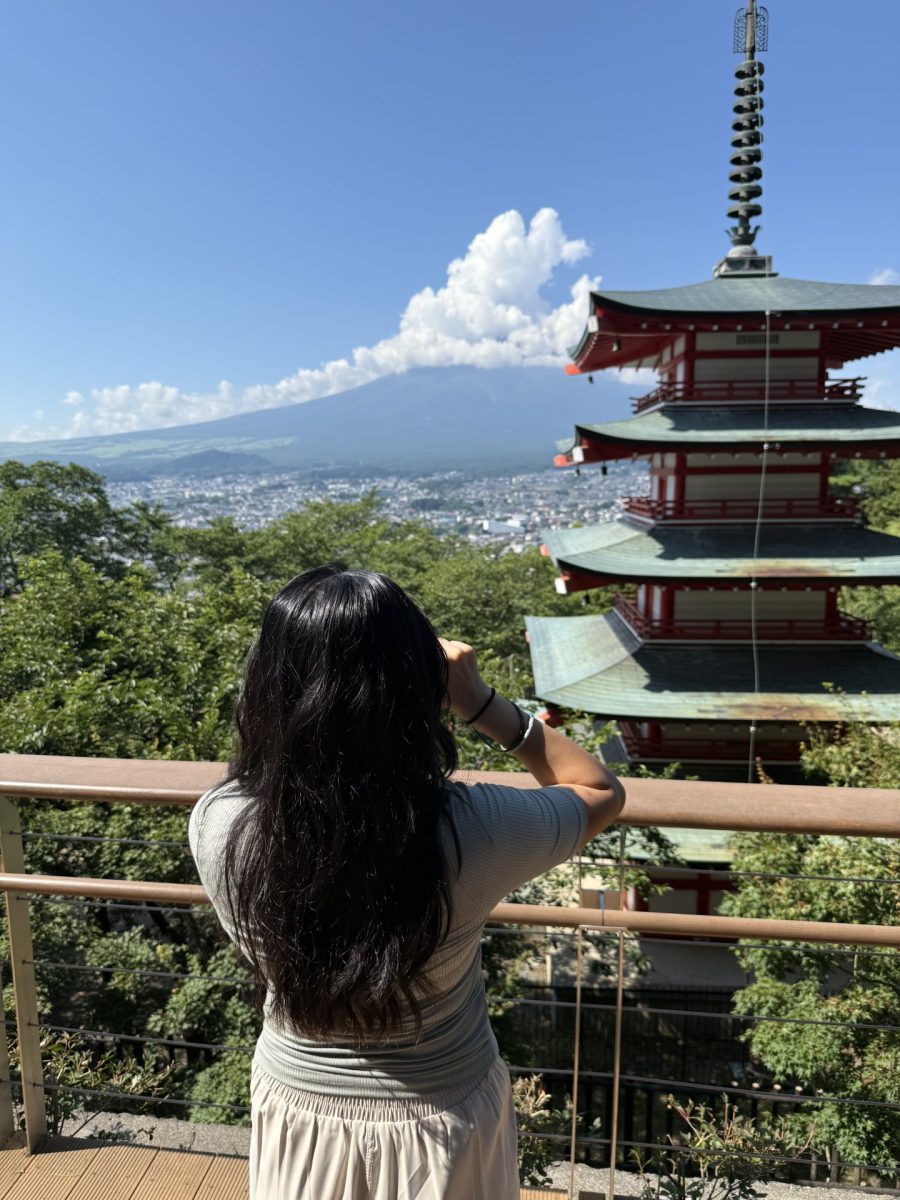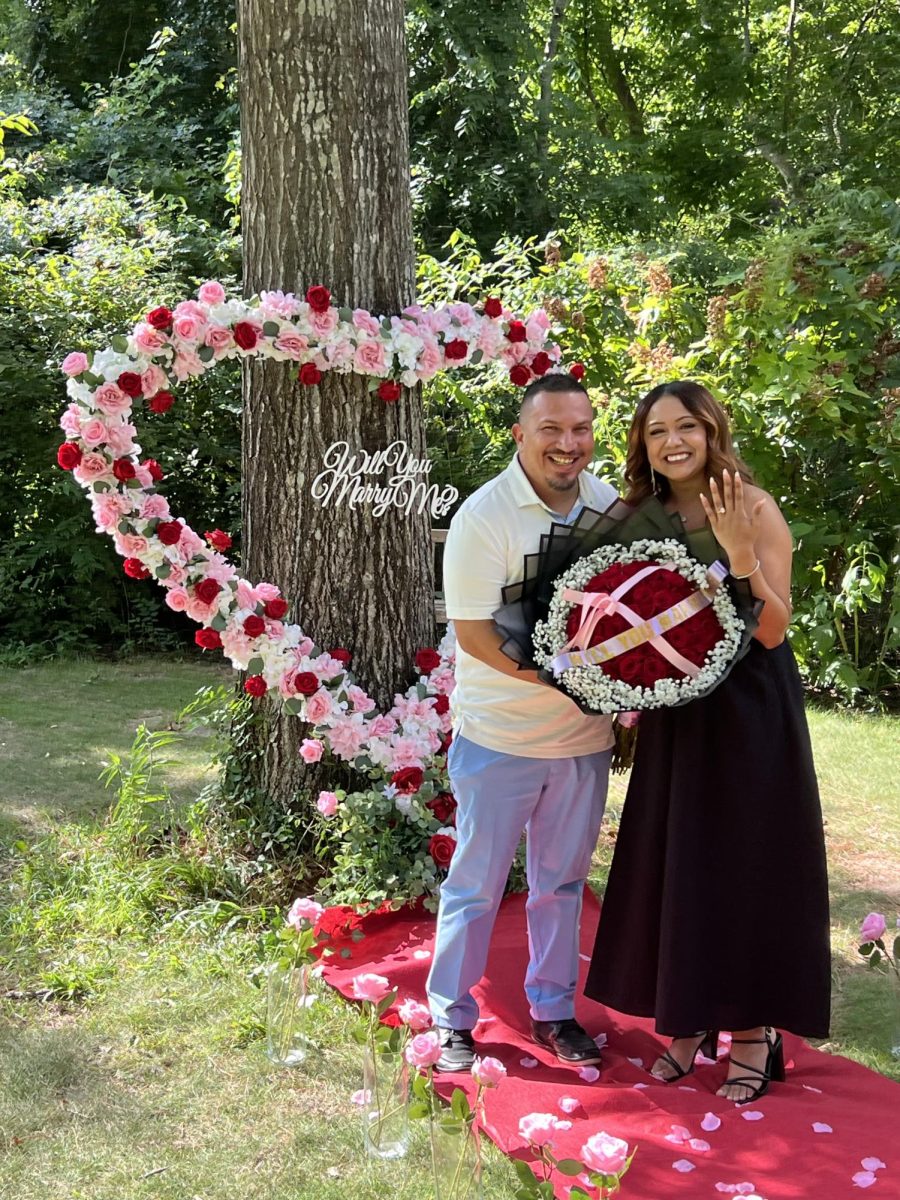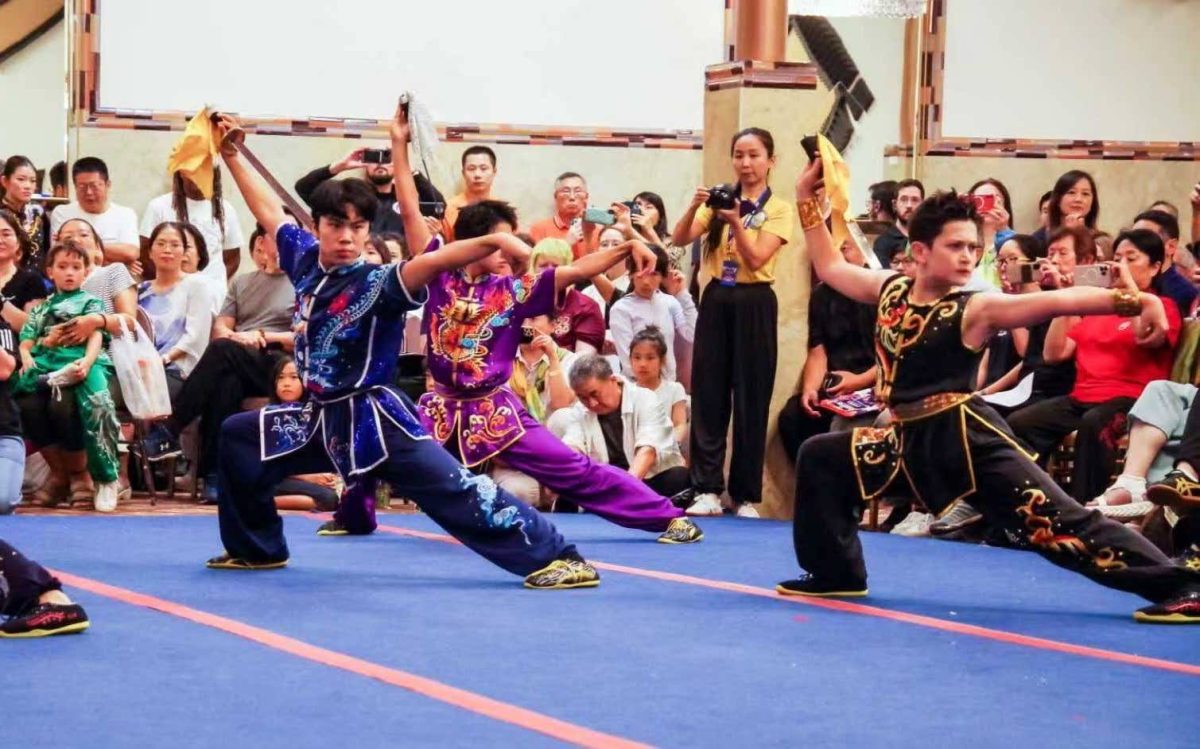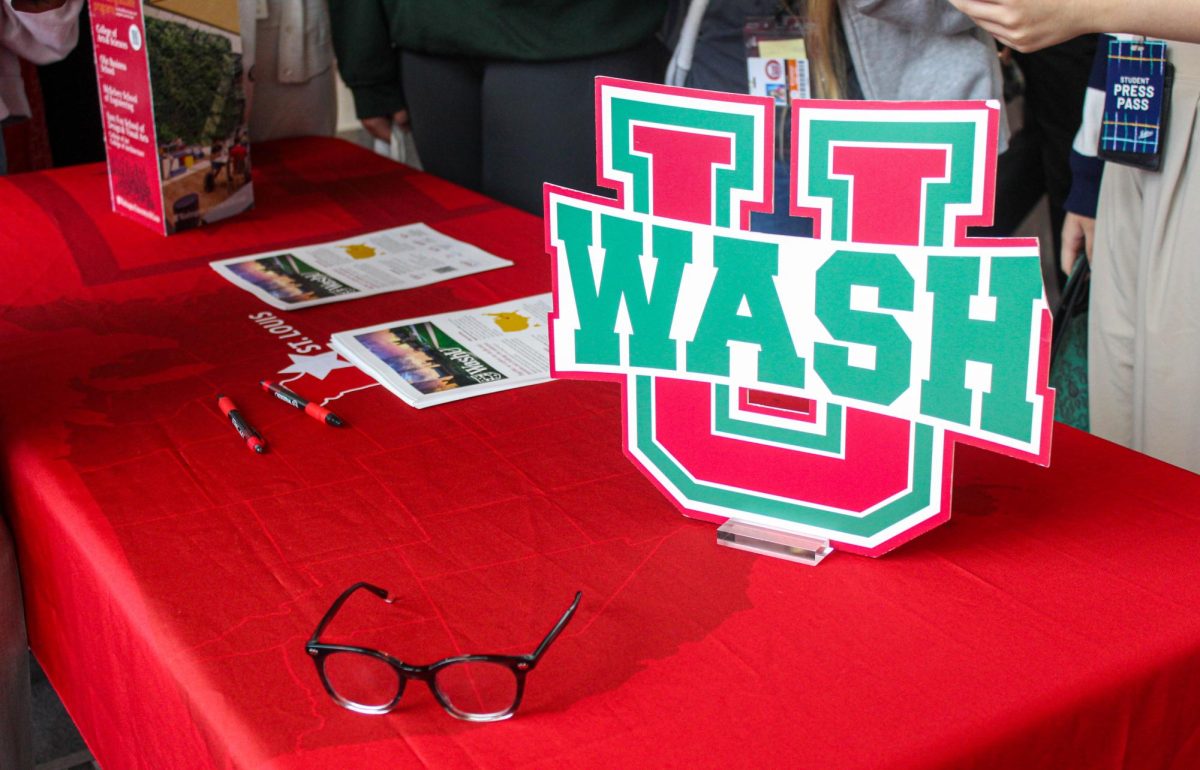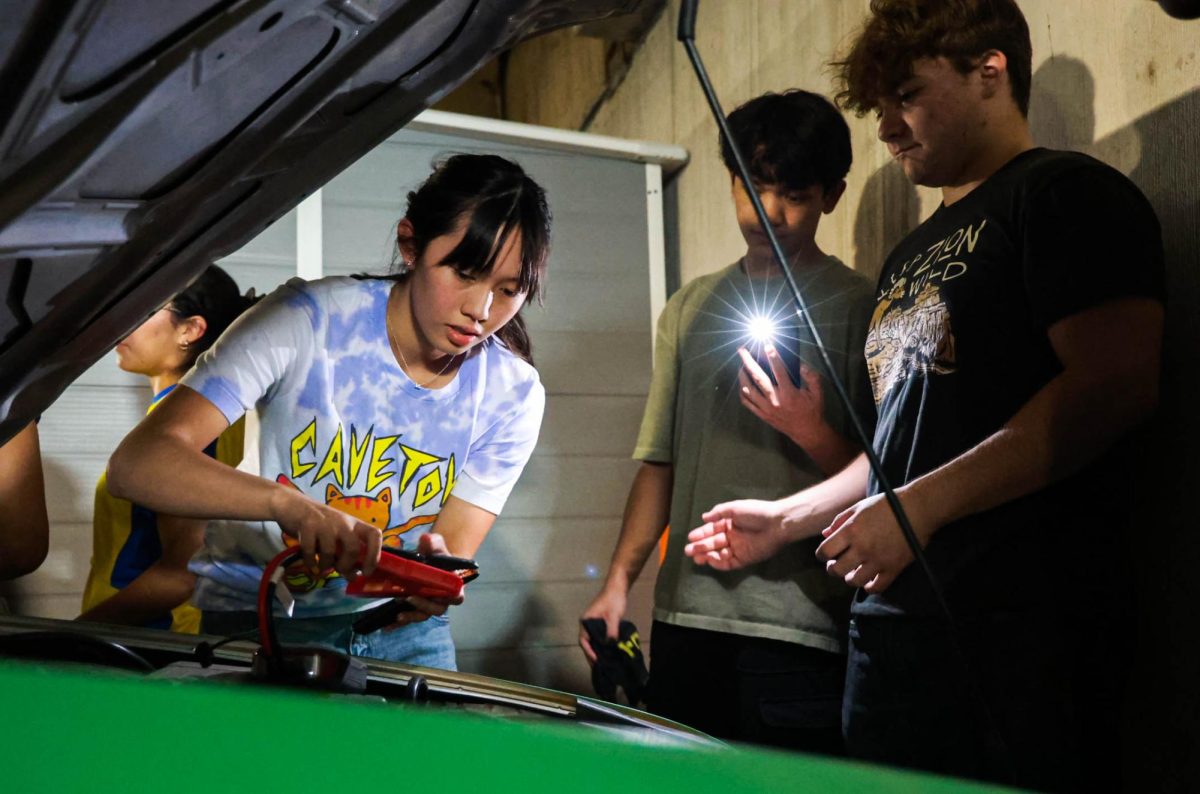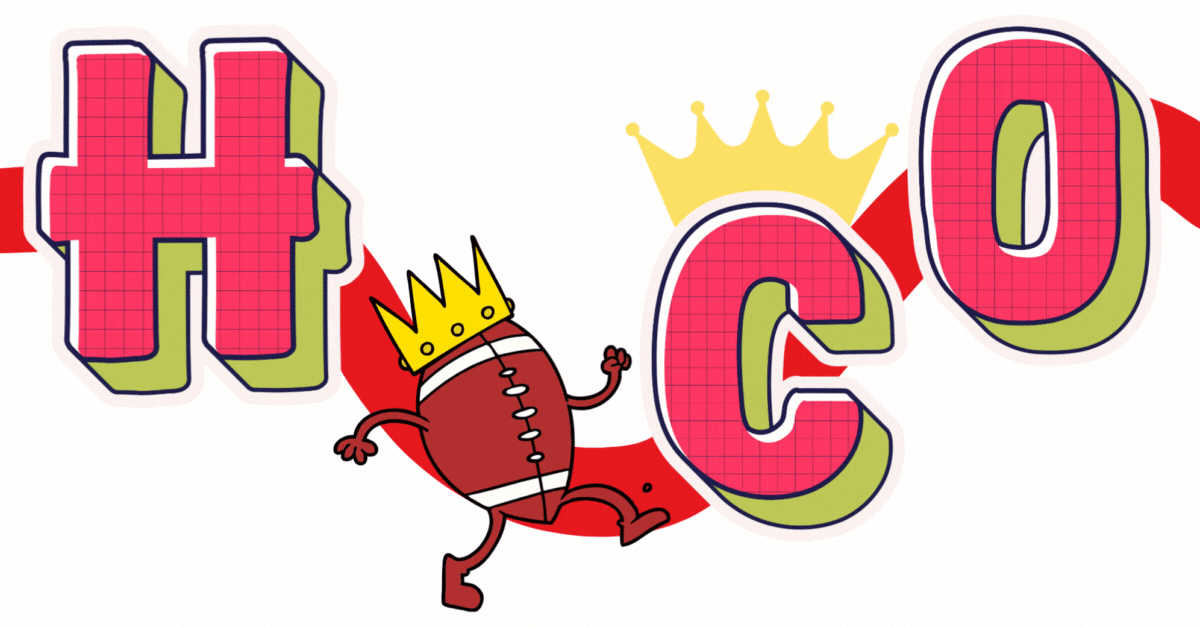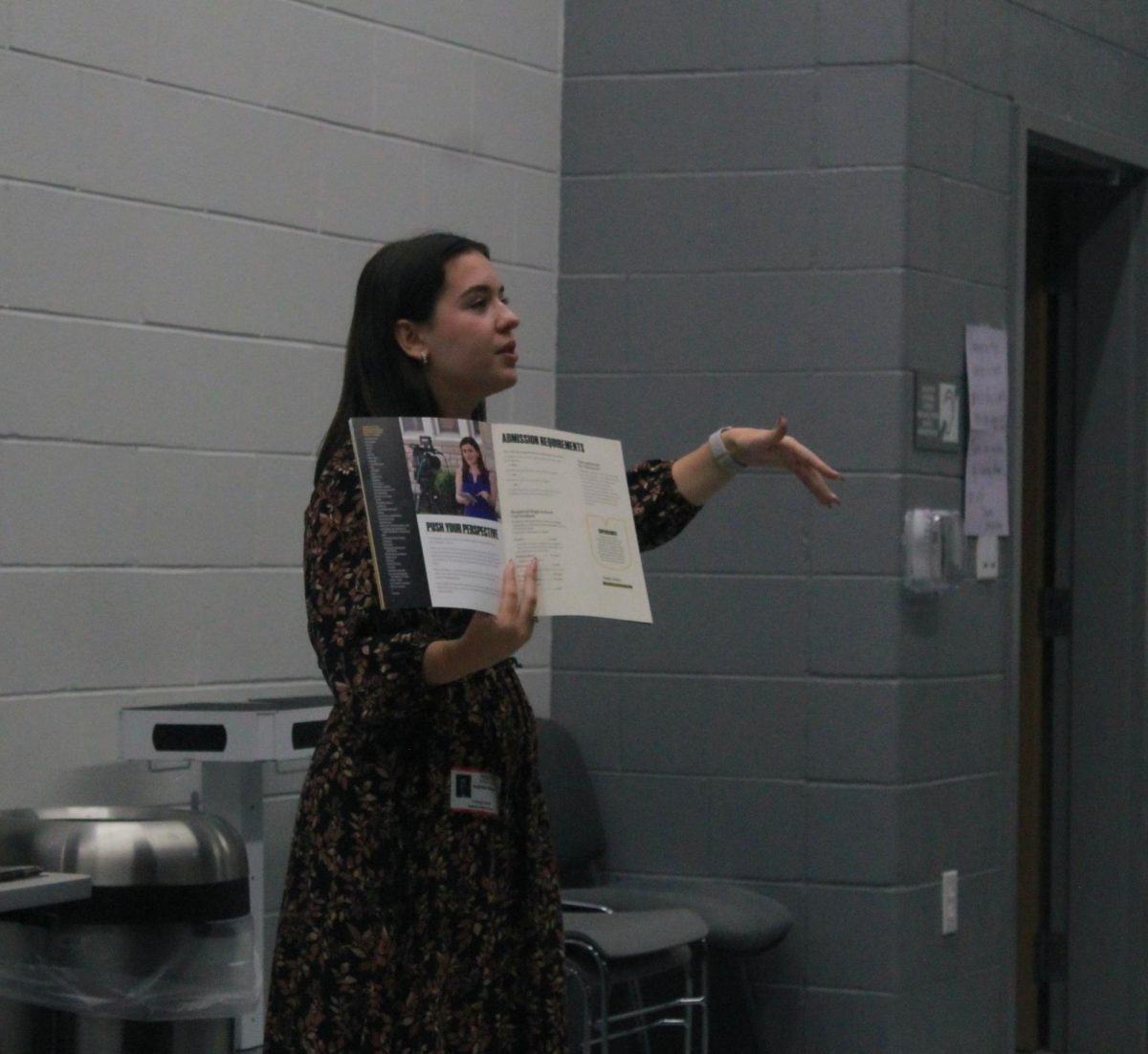Loud and bright red envelopes. Scarlet and ambient lanterns. Flashy and flamboyant lion dances.
February 10 marks the Lunar New Year, a celebration that prompts the start of the lunisolar calendar in the 13 countries in Asia that ring in the year of the Wood Dragon,
Lunar New Year celebrations in the United States may not be as mainstream and customary as compared to Valentine’s Day, but that does not take away from the fact that this holiday has made its way over to the West.
Although Lunar New Year is mostly celebrated in East Asia, over two-thirds, or 68%, of the Chinese, Korean and Vietnamese population in the United States celebrate this holiday.
Having a diaspora of Asian Americans celebrating Lunar New Year means everyone has their own traditions, practices and superstitions.
A second-generation Chinese-American, Lydia Huang celebrates the Lunar New Year with her family and close friends.
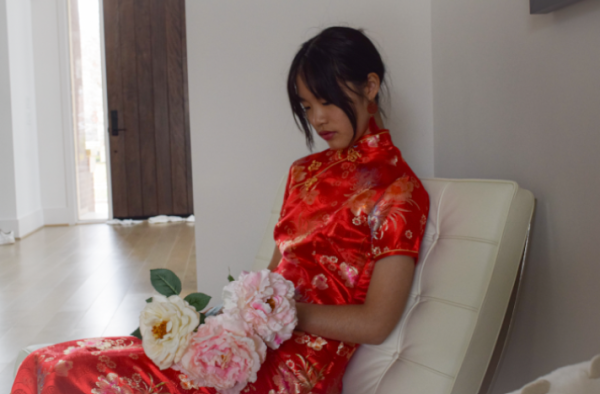
“To prepare for the new year, my family and I decorate the house with paper lanterns and spring couplets,” Huang said. “My mom also makes a variety of traditional Chinese dishes. One of the dishes we have to eat is fish because fish, which is pronounced as ‘yú’ [in Chinese], represents extra wealth because ‘yú’ sounds like the ‘yú’ in ‘duō yú,’ which means ‘extra.’”
Huang’s family also makes sure that all of their “belongings are brand new, including shoes and clothes. This is because since it is a new year, everything must be new.” However, she does not get a new Chinese traditional dress, a qipao, every year.
“Traditional qipaos are very expensive,” Huang said. “The qipao I have now is the color red, which symbolizes good luck and prosperity. Common designs found on qipaos are dragons, flowers, delicate swirls and patterns.”
With her family, Chinese-Korean-American Eliza Teo welcomes the new year with gifts and homemade Korean food.
“[My family and I] eat tangerines and rice cakes,” Teo said. “Korean dishes are something that is unique in my culture, and it feels like a special bond between my mom and I since she is an expert at cooking, especially [with] Korean dishes with her lifetime experience. I personally love noodle dishes, so my mom makes a noodle dish called japchae.”
While Teo’s family doesn’t have many superstitions, they practice traditional preparations similar to that many East Asian households.
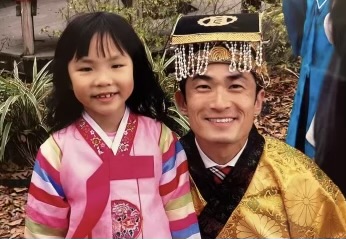
“My mom definitely does believe that a clean house is necessary in order for good luck or good things to ‘come in’, so we try our best to tidy around the house around the Lunar New Year time,” Teo said.
Sophomore Morgan Nguyen, a Vietnamese-American, also celebrates the Lunar New Year with her family. On the more traditional side, Nguyen and her family follow the traditions that her grandmother practiced in Vietnam.
“During the New Year, my family and I host our own múa lân dance at the family business grocery store we own,” Nguyen said. “On New Year’s Day, we don’t sweep outwards because we believe that we’re sweeping away good luck. We also can’t shower because we believe we’re washing the luck away.”
Nguyen and her family “try to eat foods that have positive meanings in Vietnamese” to ensure that the only things they interact with that day bring good luck and fortune into the new year.
“The Vietnamese have a variety of foods that are made especially for the new year,” Nguyen said. “My family makes and buys these lucky foods and we sell them at our business. My favorite is bánh tét. It is a sticky rice cake stuffed with pork and mung beans, wrapped in banana leaves. The sticky rice represents cohesiveness for the family.”
As each culture practices making offerings and wishing prayers to gods or family members in different ways, there is a specific ritual followed in the Nguyen household.
“We cúng (bless) these foods by placing them on a bàn thờ [altar], offering these foods [like fruits] to our gods and ancestors while also making wishes for the new year,” Nguyen said. “We eat and offer pineapples to our ancestors, which translated into Vietnamese is thơm. This word in English is the same word as ‘fragrant.’”
To Nguyen, this holiday is a time for togetherness, reflections and new beginnings.
“Lunar New Year is often a time that my family and I used to spend with our relatives and I know a lot of other families do as well,” Nguyen said. Like the banh tét, it’s a time for cohesiveness with loved ones and it’s a wonderful time for cherishing this past year and beginning a new one.”


